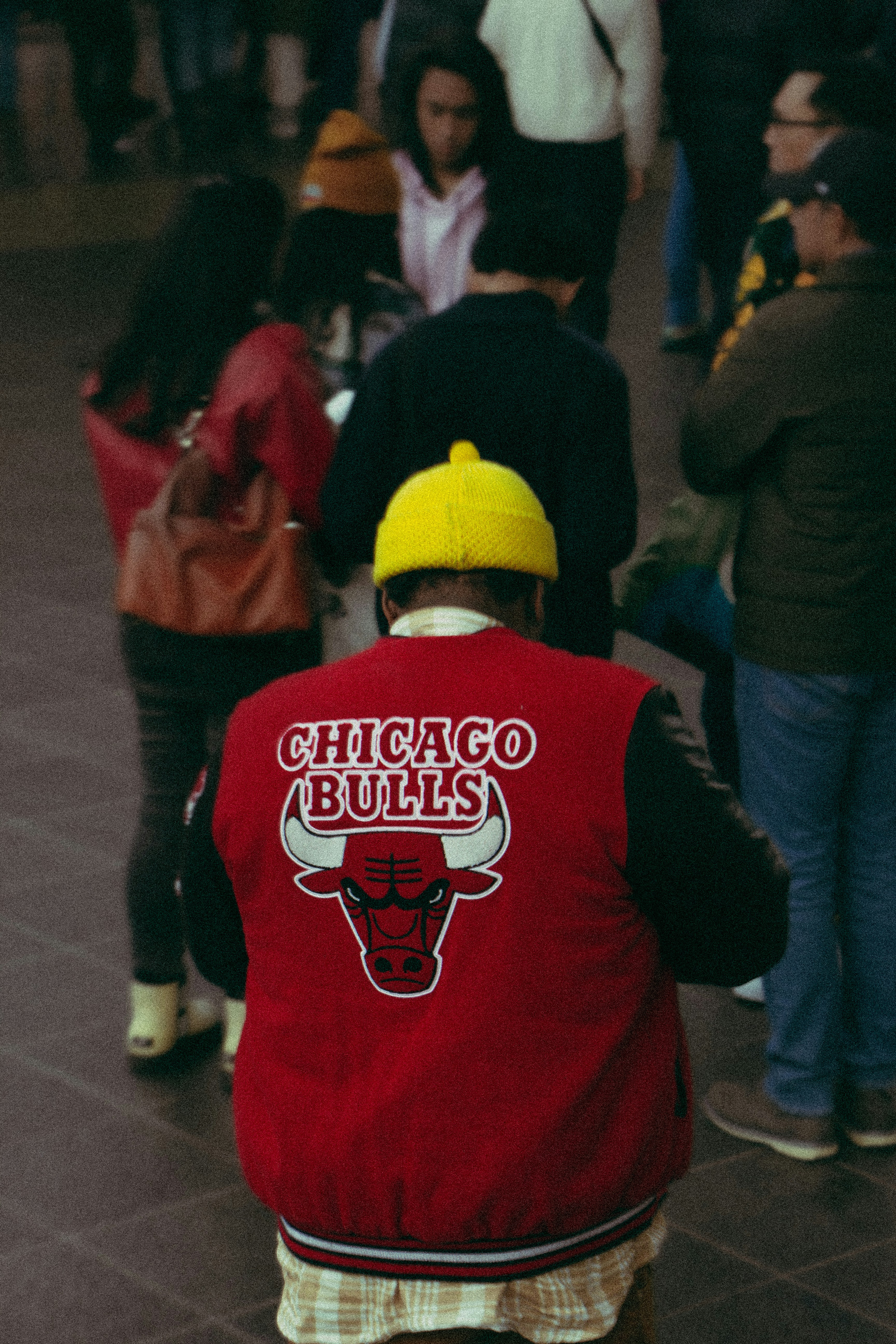Early Life and Football Career
Steve ‘Mongo’ McMichael was born on January 17, 1957, in Houston, Texas. Raised in a family that emphasized hard work and determination, McMichael exhibited athletic prowess from a young age. He became interested in football during his high school years at the renowned Memorial High School, where his performance in games laid the groundwork for his future in the sport. His natural gifts combined with his dedication to training developed his skills, making him a sought-after player.
After graduating from high school, McMichael attended the University of Texas, where he continued to hone his football abilities. Playing for the Texas Longhorns under the guidance of coach Darrell Royal, McMichael distinguished himself as a formidable defensive lineman. His collegiate career showcased his versatility and strength, leading him to achieve All-American honors, which caught the attention of NFL scouts. This achievement was instrumental in propelling him to the professional level.
In 1980, McMichael entered the NFL Draft and was selected in the third round by the New England Patriots. Though his tenure with the Patriots lasted just two seasons, it provided McMichael with invaluable experience in the league. His relentless work ethic and commitment to excellence caught the eye of teams looking for tenacious players. In 1983, he joined the Chicago Bears, a decision that would ultimately define his legacy. With the Bears, McMichael emerged as a key member of the team’s formidable defense known as the “Monsters of the Midway.” He quickly established himself as a crucial player, contributing to the Bears’ success and earning the respect of teammates and fans alike. McMichael’s early life and football career set the stage for a legacy that endures in the annals of Chicago Bears history.
Super Bowl XX and the Bears Dynasty
Steve ‘Mongo’ McMichael played a crucial role in the Chicago Bears’ triumphant campaign during the 1985 NFL season, culminating in their victory at Super Bowl XX. This season is widely regarded as one of the most dominant in NFL history, with the Bears exhibiting an unmatched combination of offensive prowess and defensive ferocity. McMichael, a formidable defensive tackle, was instrumental in the Bears’ defensive strategies that year, contributing significantly to the team’s historical performance.
The Bears entered the playoffs with a remarkable 15-1 regular season record, a testament to their fierce defensive corps, often termed the “Monsters of the Midway.” McMichael’s relentless playstyle, characterized by his quickness and strength, allowed him to disrupt opponents’ offensive plays consistently. Alongside teammates such as Mike Singletary and Richard Dent, he anchored a defensive line that was nearly impenetrable, allowing only 198 points throughout the regular season. McMichael’s contributions were not only limited to his on-field performances; his leadership and determination inspired those around him, fostering a team spirit that was palpable on and off the field.
During Super Bowl XX, that spirit was on full display as the Bears faced the New England Patriots. The defense, with McMichael leading the charge, delivered an unforgettable performance, limiting the Patriots to merely seven points while the Bears scored 46. This victory solidified the legacy of the 1985 Bears not just as a championship team, but as icons in the world of football. McMichael’s presence and contributions in this pivotal season made a lasting impact not only on the franchise but also on the passionate Chicago fanbase. The dynasty that emerged from this era continues to resonate with NFL enthusiasts today, marking a golden chapter in football history.
Life After Football: Career as a Wrestler and Broadcaster
Following an illustrious career in football with the Chicago Bears, Steve ‘Mongo’ McMichael embarked on a new chapter in his life, transitioning into the world of professional wrestling. His move to World Championship Wrestling (WCW) in the late 1990s marked a significant shift that showcased his adaptability and charisma beyond the football field. Known for his formidable presence and larger-than-life personality, Mongo quickly established himself as a central figure in the wrestling scene. His persona in the ring was characterized by a blend of athletic prowess and entertainment value, appealing to a wide array of wrestling fans. His journey in WCW not only provided him with a platform to display his physicality but also allowed him to develop an engaging character that would resonate with audiences.
McMichael’s contributions to professional wrestling were not just limited to his in-ring performances; he also excelled as a commentator and analyst for various sports networks. His experience as a former NFL player enabled him to bring a unique perspective to the commentary table, where he dissected matches with an analytical eye, drawing on his extensive knowledge of both football and wrestling. His broadcasting career further highlighted his diverse skill set, allowing him to connect with fans on a different level. Viewers appreciated his straightforward yet entertaining style, which seamlessly combined expert analysis with engaging storytelling.
Through his ventures in wrestling and broadcasting, Mongo exemplified the concept of versatility. He embraced the challenges that came with his post-football career, proving that he was not just a legendary linebacker but also a dynamic entertainer. The transition from the gridiron to the squared circle, and later to the broadcasting booth, is a testament to his ability to excel in new arenas, ensuring that his legacy extends well beyond his achievements in football.
Health Challenges and Personal Legacy
Steve ‘Mongo’ McMichael has faced significant health challenges in recent years, including a diagnosis of Amyotrophic Lateral Sclerosis (ALS). This devastating neurological disease affects nerve cells in the brain and the spinal cord, leading to the progressive deterioration of muscle control. McMichael’s courage in confronting ALS has drawn widespread attention, not only highlighting the realities of this illness but also the profound impact it can have on individuals and their families. His diagnosis has undoubtedly altered the trajectory of his life, yet it has also served to amplify his legacy beyond the football field.
As McMichael navigates the complexities of living with ALS, he has received an outpouring of support from fans, fellow athletes, and organizations dedicated to ALS research and awareness. The response from the Chicago Bears community and beyond has been remarkable, as many have rallied around McMichael to raise awareness about the condition and to support efforts toward finding a cure. Events have been organized to honor his contributions as a player while concurrently promoting awareness of ALS. These initiatives not only celebrate McMichael’s storied career but also serve as vital reminders of the ongoing struggle faced by those battling similar conditions.
Reflecting on Steve McMichael’s legacy, it is clear that he is more than just a Chicago Bears icon; he is a beacon of resilience and hope for many. His achievements on the field are overshadowed only by the strength and determination he exhibits in his fight against ALS. McMichael’s influence extends to current and future generations, not solely through his professional accomplishments but also through his personal journey. The manner in which he faces adversity continues to inspire individuals who grapple with their own health challenges, ensuring that his legacy as a sports figure and community champion will endure far into the future.



